At the University of Tartu there are multiple ways in which students can get international exposure. One of the most well-known ways is to study abroad for a semester with the Erasmus+ program. However this isn’t the only way to gain some international perspective at the university. One of the lesser known paths is to take up courses which are taught in collaboration with different universities abroad, like the Global Digital Innovation Project (GDIP) offered at the Sandbox.
The Sandbox offers this course in collaboration with inno.space, Germany. Both Sandbox and inno.space are part of the Design Factory Global Network (DFGN). The DFGN is like the Erasmus Network but with a focus on Design Thinking, and with partners spanning the globe instead of being limited to Europe. See our post about DFGN to learn more about this kick-ass international network.
inno.space is the Design Factory that is based in Mannheim University. Apart from GDIP, inno.space offers multiple courses, and much like Sandbox they have an awesome space that can be used by the students to work on their projects. An interesting difference to note is that inno.space also offers physical prototyping tools (like a 3D-printer and a maker space) to the students. This instills the bias towards action in the students and allows inno.space to offer courses that deal with physical products as well. inno.space also plays an important role in the DFGN events, most recently they hosted many events at the International Design Factory Festival 2021. We strongly encourage you to take a look at the about page of inno.space, and take a virtual tour of their space.
The main objective of GDIP is to emulate the complex work environment that we are a part of. As part of the course students from UT and inno.space work in collaboration to solve real problems offered by Estonian and German partner companies. With the goal of building a validated prototype, the focus of the course is to develop end-to-end problem solving skills using design thinking methods. While solving the problems students learn how to convert a problem statement into a product vision, develop a strategy to build the product, prototype it, and design metrics to measure success. Some of the partner companies in previous offerings of the course were Tartu2024, Cleveron, Coffee Store, etc.
Pre-pandemic the course was organized such that the students from both sides would travel and meet their counterparts in their home universities and collaborate on the projects. As part of this University of Tartu hosted the German students at the beginning of 2020, but then the restrictions came in and the course had to be moved online.
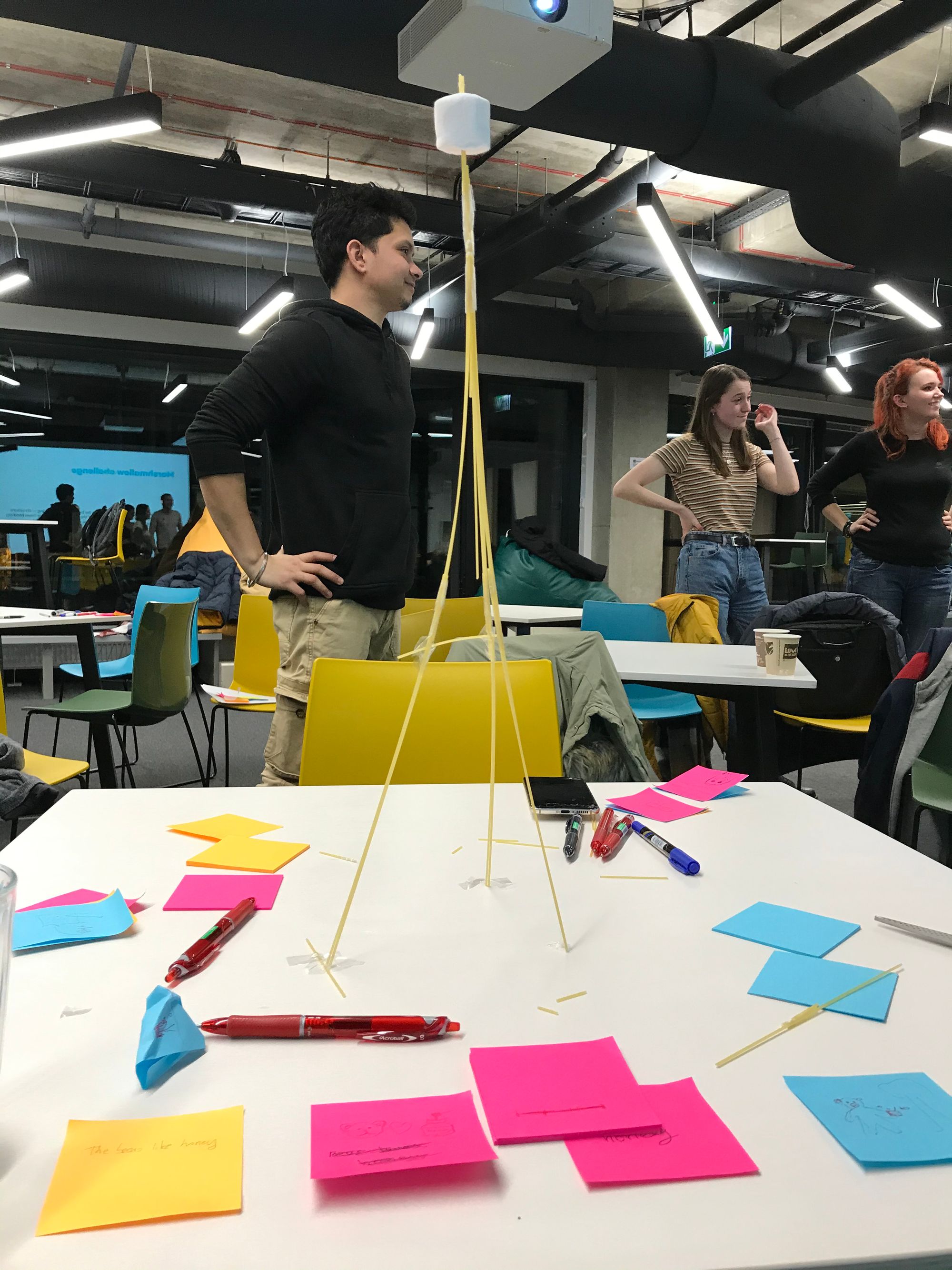
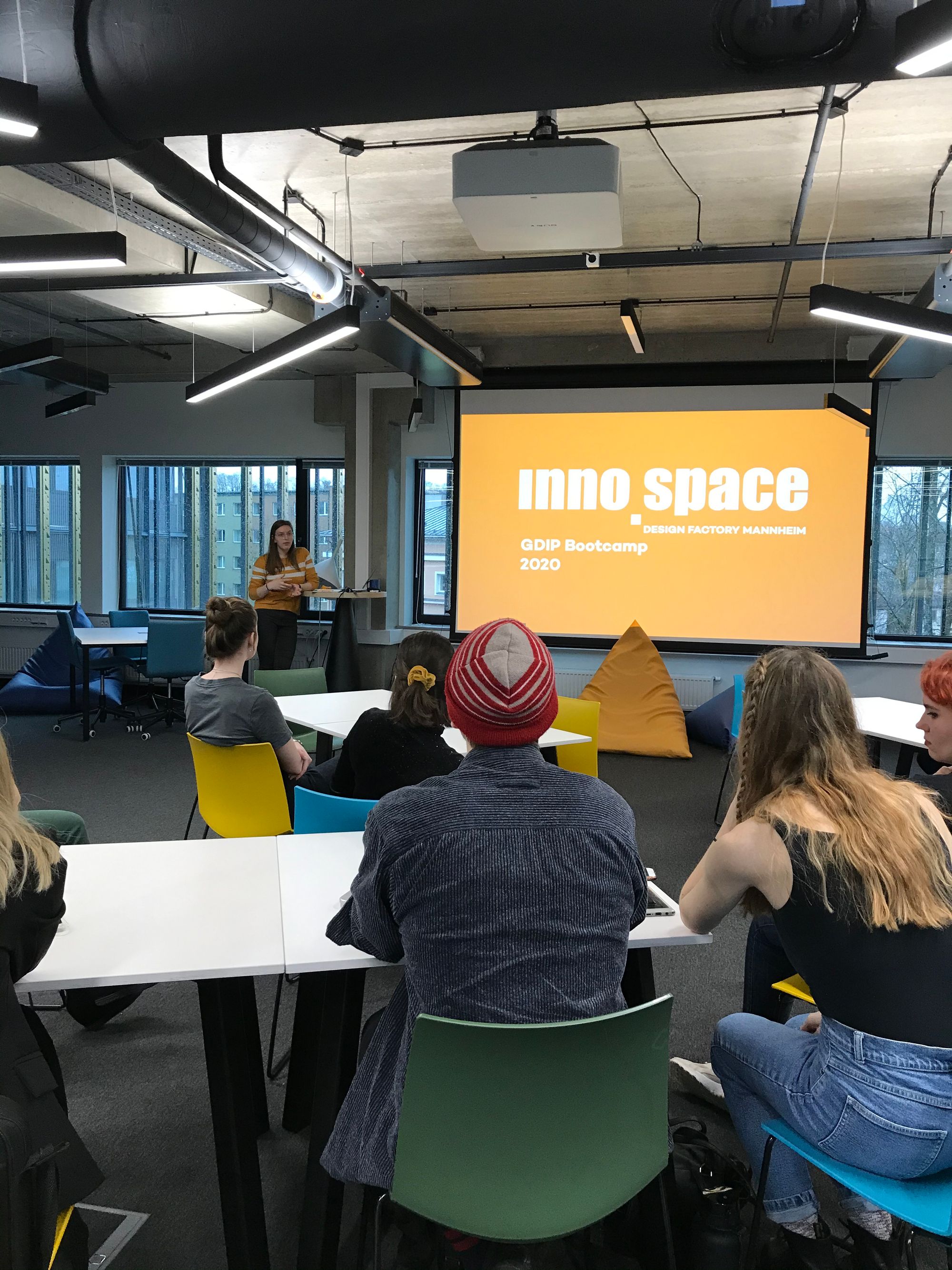

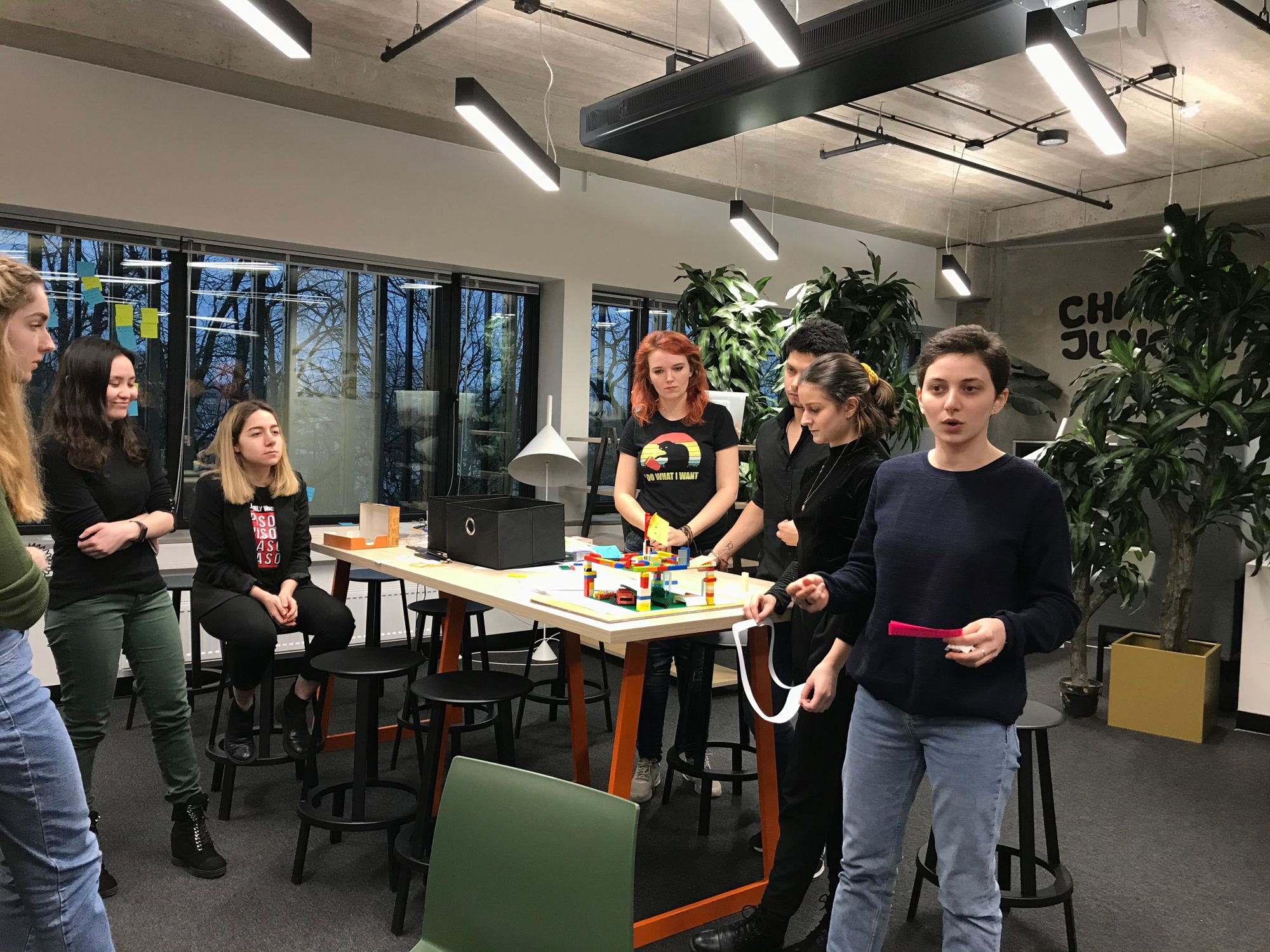
Although the restrictions forced us to move the course online, they didn’t stop us from offering a great course. We did everything we could to offer an engaging course, and the students enjoyed it.
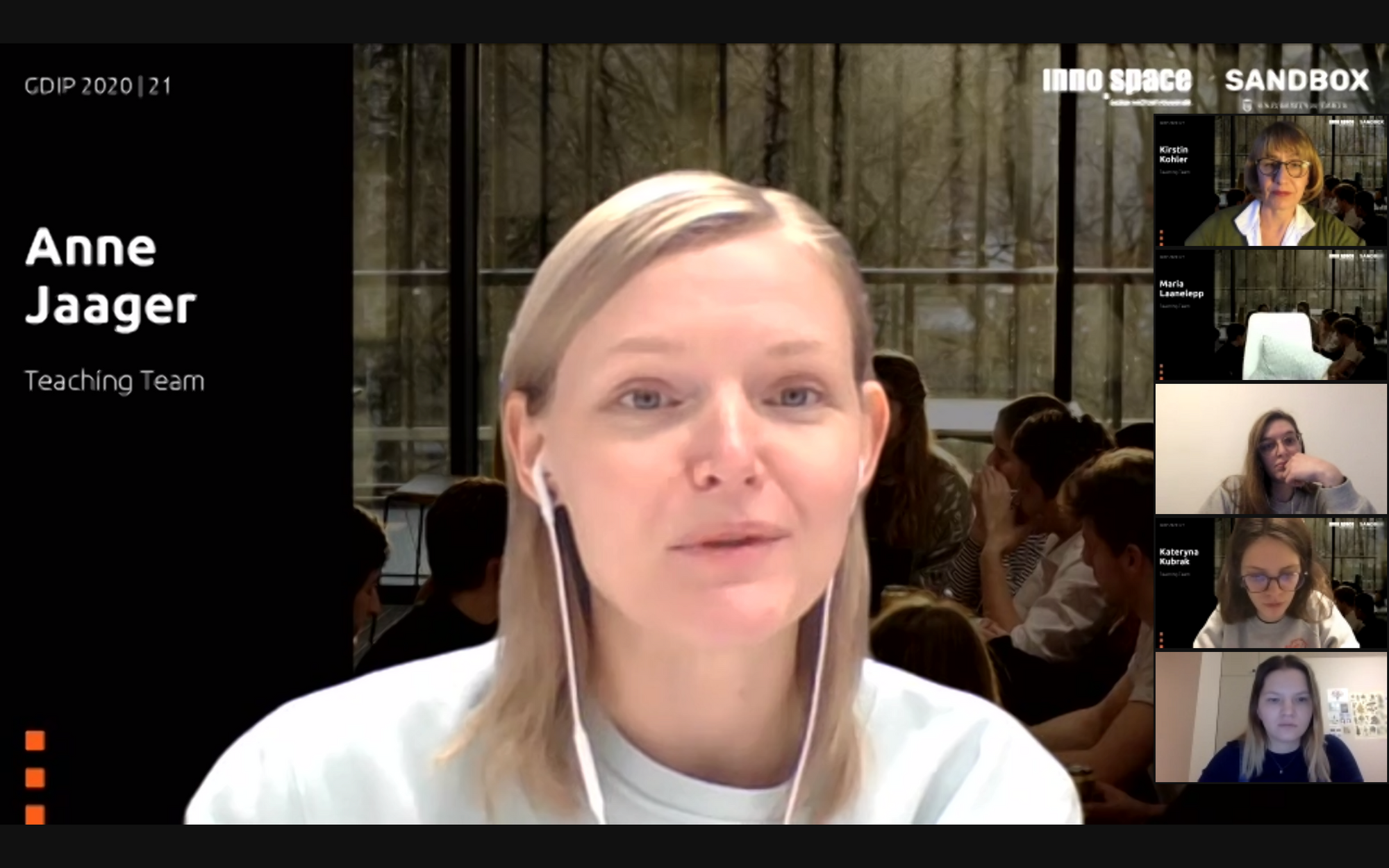
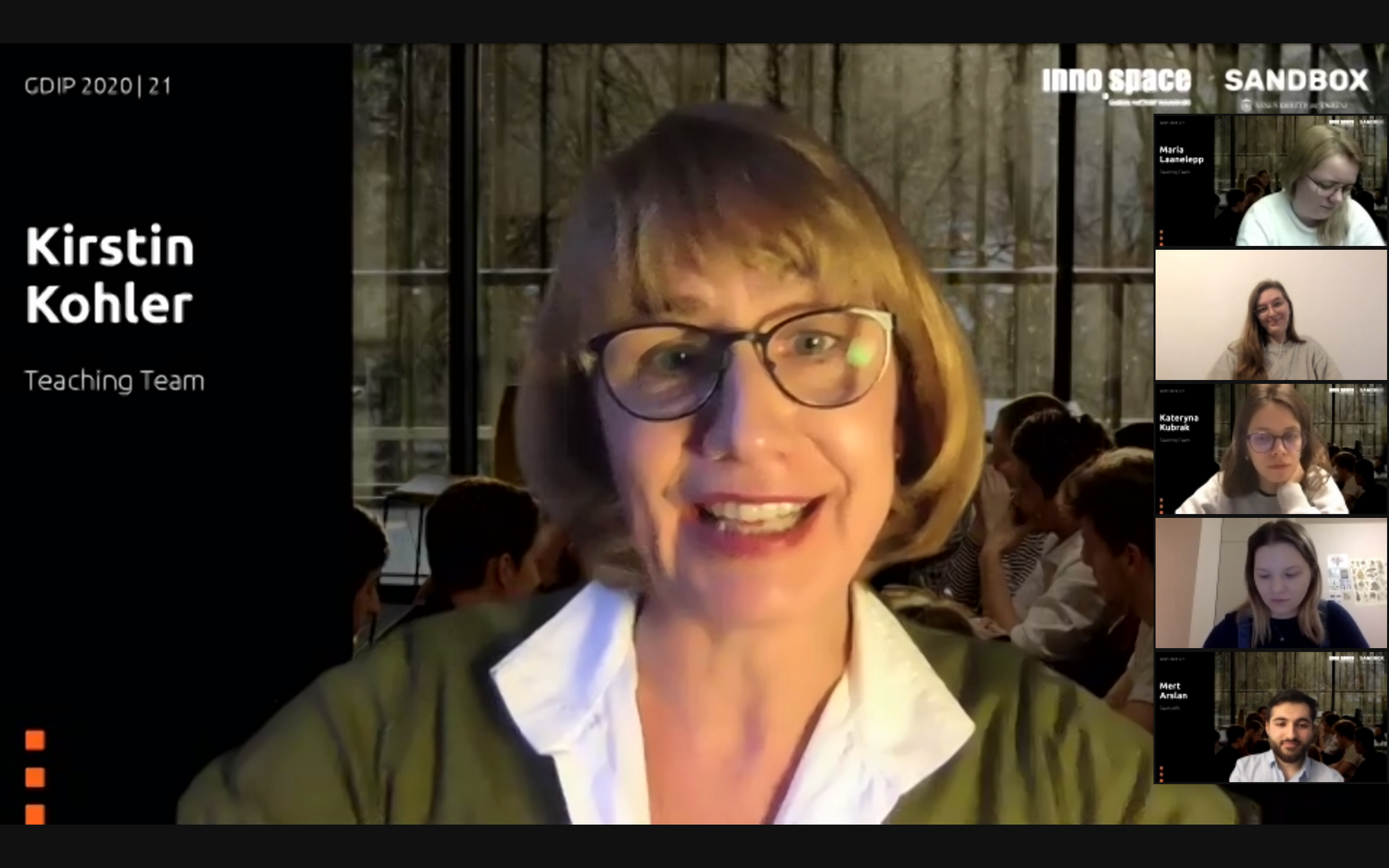
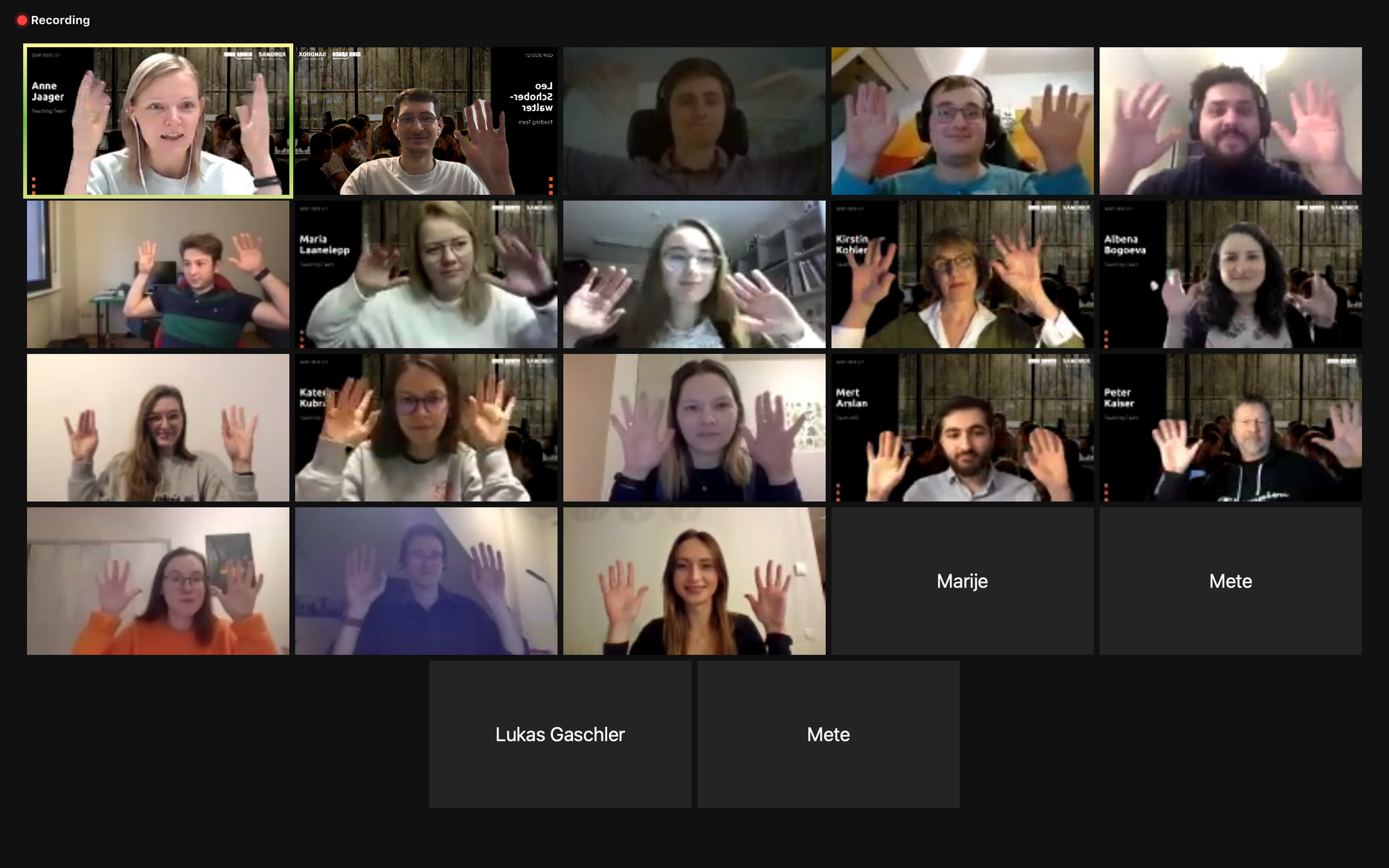
However, with the restrictions being eased soon, we hope that we will be able to go back to the original plan of both sets of students being able to travel to the partner university and getting a global perspective.
To sweeten the deal, GDIP is a project type course which is focused on application of practical skills. This means that the credits from the course can be used towards the practice modules of MS Computer Science and Innovation Technology Management programs. It is a 6 ECTS course, which is offered every autumn and spring semester. For more information please take a look at the course page on ÕIS.
So there you have it, you don’t always have to do a semester-long study abroad program to reap the benefits of international collaboration and cultural immersion. GDIP is one such amazing opportunity that the University of Tartu and the Sandbox offer.